Pregnancy Risk Assessment Monitoring System Data (PRAMS)
Purpose
To provide data in pursuit of improving the health and wellbeing of mothers and infants.
Key Information
Women who have recently given birth are asked about health and social determinants of health preconception, during pregnancy, and since their infants were born. Representative topics include childhood adversity, domestic violence, prenatal care, depression, family planning, and early literacy.
How data are collected
Rhode Island works with the CDC every year to administer the PRAMS survey. Rhode Island women who have given birth are randomly selected to participate in PRAMS 2-6 months after giving birth. Women can complete the survey as a paper copy mailed to them, or over the phone. The survey is conducted in English and Spanish. At The end of the year, survey responses are weighted to census data to represent all women who had a live birth in Rhode Island during that time. More information on PRAMS survey methods is available at https://www.cdc.gov/prams/methodology.htm.
Data notes
PRAMS data are weighted to provide estimates for the entire population of women who gave birth, and not just those who completed the survey. Estimates for two different groups can be slightly different without that difference being statistically significant.
No data source is perfect, and survey data may be subject to issues like response bias (whether some types of people are more likely to complete surveys than others), recall bias (whether people remember things accurately), or social desirability bias (whether people provide less-truthful answers if they are worried about what others might think of them).
 Rhode Island Department of Health
Rhode Island Department of Health